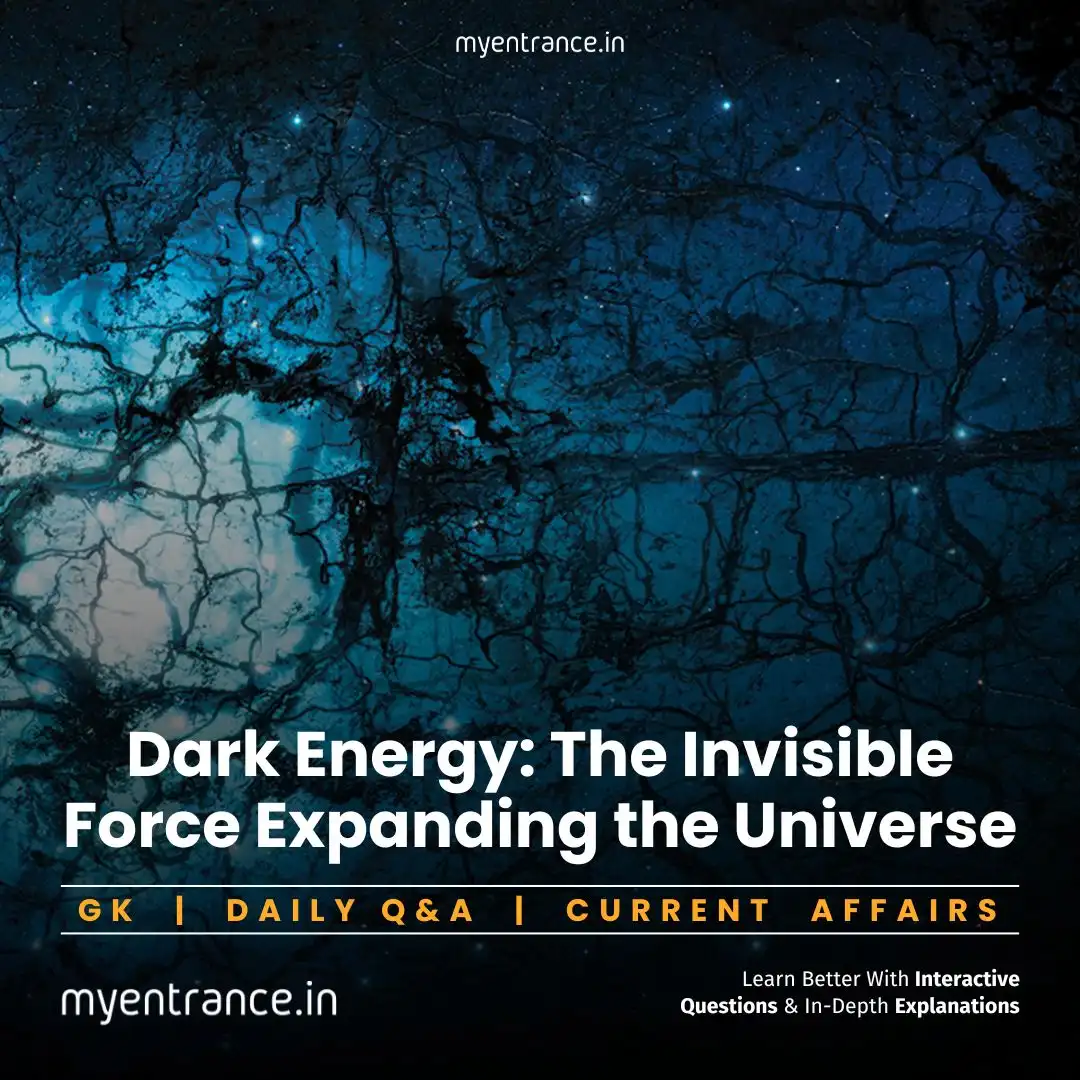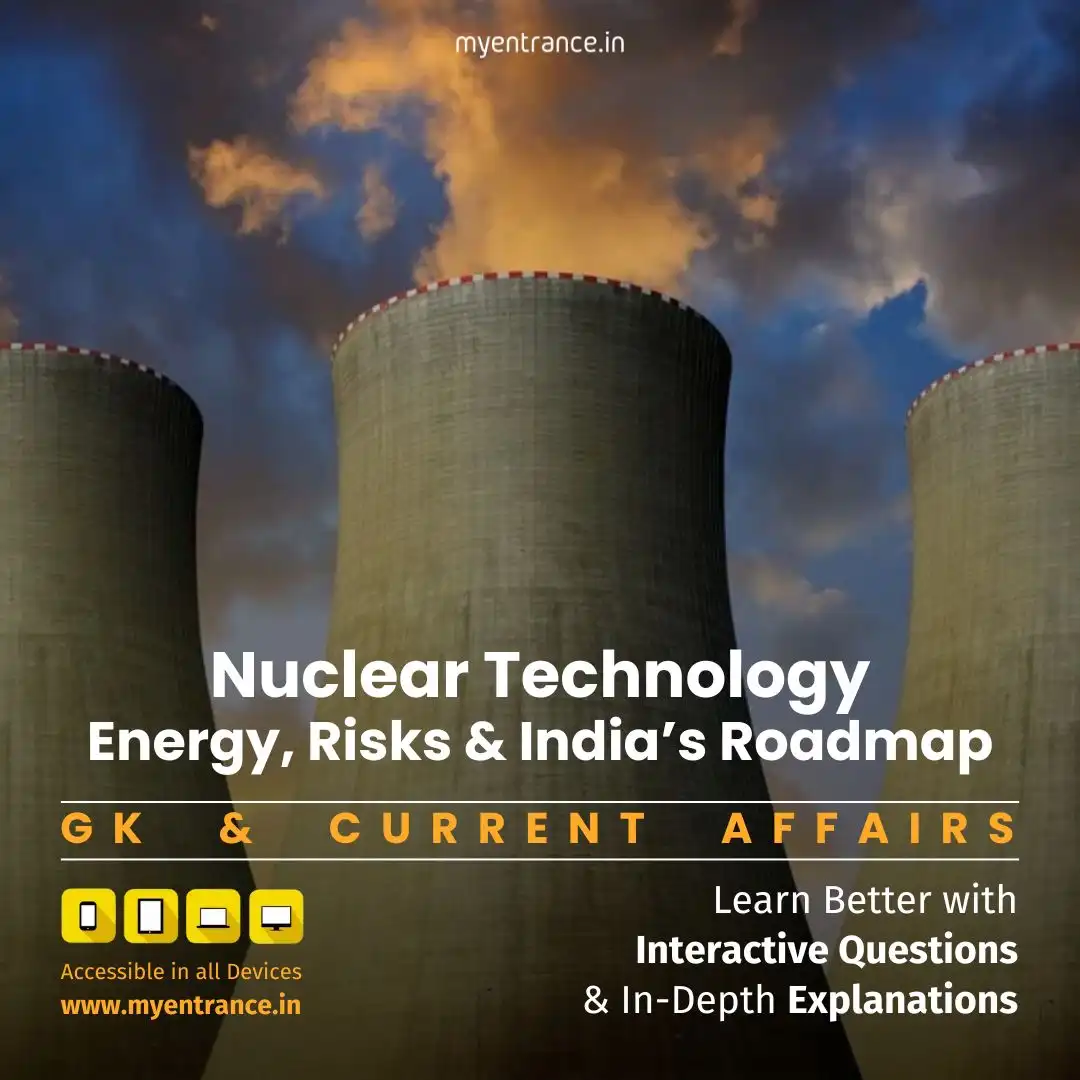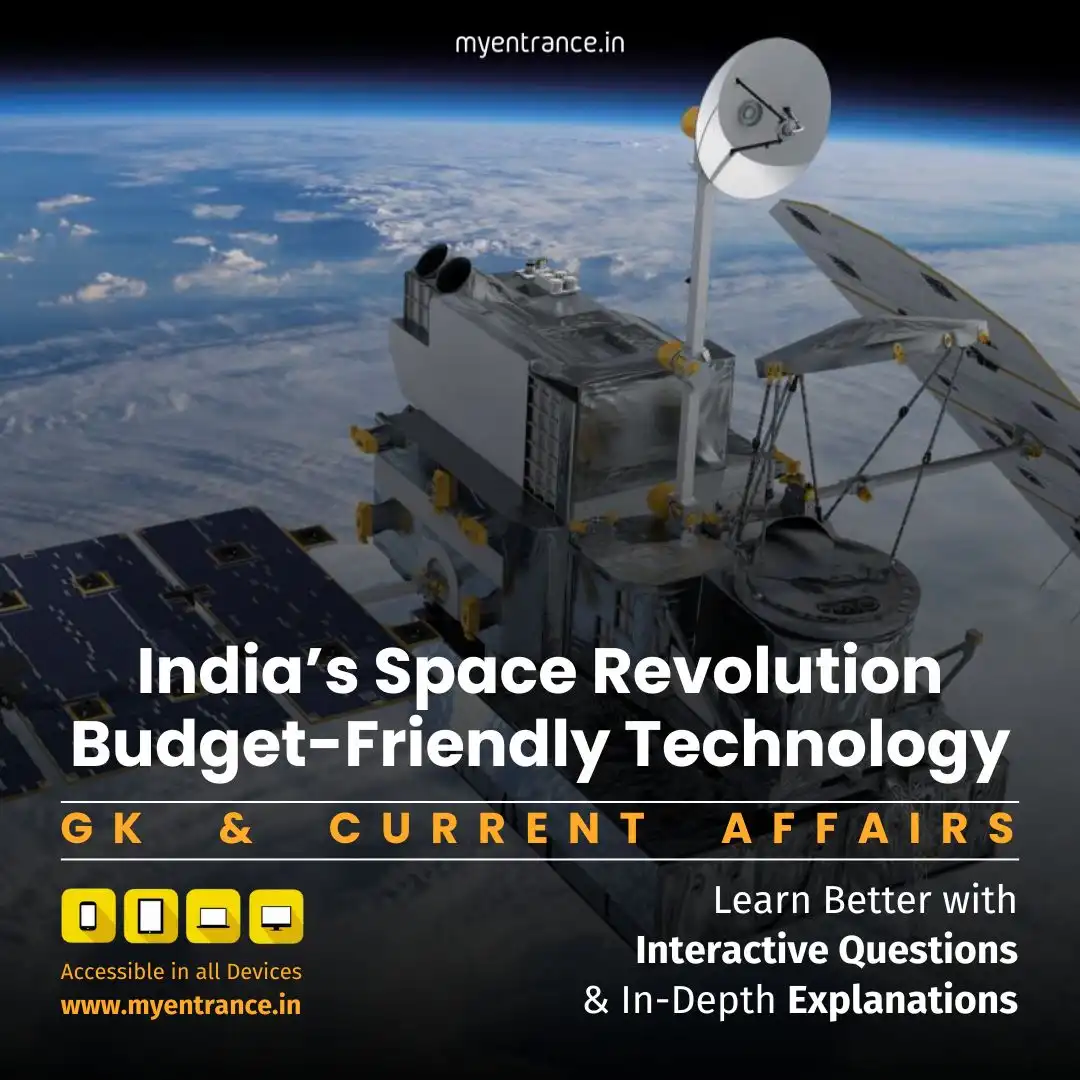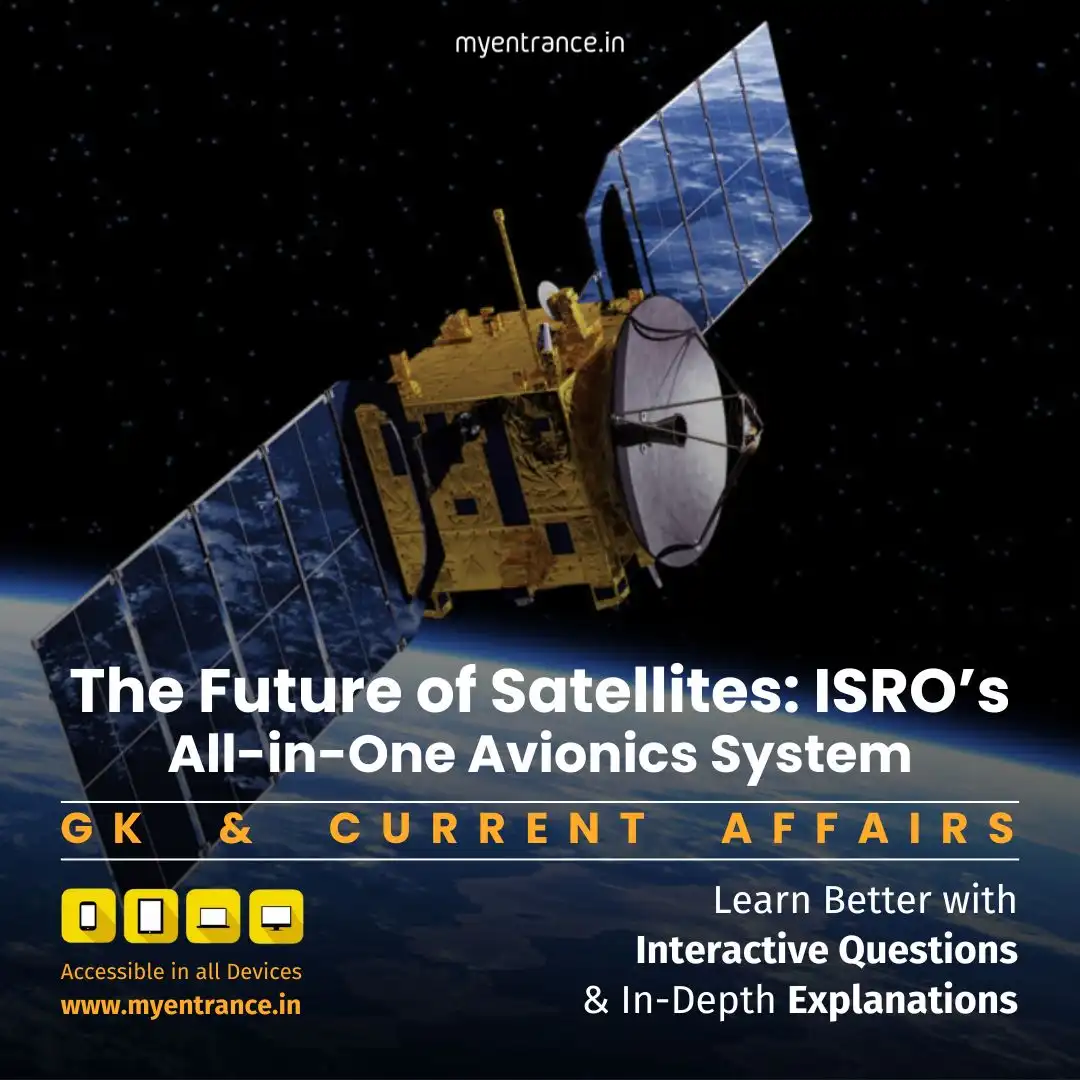Select Language
Brian Schmidt’s Dark Energy Discovery: How It Changed Cosmology | Exam Guide
Dark energy, the enigmatic force driving the universe’s accelerated expansion, remains one of cosmology’s greatest mysteries. Discovered by Nobel laureates Brian Schmidt, Adam Riess, and Saul Perlmutter, dark energy challenges our understanding of physics and the cosmos. For competitive exam aspirants (SSC, PSC, NIFT, NID, FDDI), grasping such groundbreaking scientific concepts can be crucial for general knowledge and science sections.

Why This Matters for Exams
General Awareness: Questions on Nobel Prize-winning discoveries often appear in SSC, PSC, and UPSC exams.
Science & Technology: Dark energy is a key topic in physics and astronomy sections.
Current Affairs: Recent cosmological research may be asked in banking, defense, and civil service exams.
Conceptual Clarity: Helps in answering descriptive questions in NID, NIFT, and FDDI entrance tests.
Dark Energy vs. Dark Matter: Key Differences
While both dark energy and dark matter are invisible and mysterious, they have opposite effects:
Dark Matter:
Acts like cosmic “glue,” holding galaxies together.
Exerts gravitational pull.
Makes up about 27% of the universe.
Dark Energy:
Pushes the universe apart, accelerating expansion.
Accounts for 68% of the universe.
Remains constant, unlike matter, which dilutes as space expands.
The Nobel-Winning Discovery
In 1998, astronomers Brian Schmidt, Adam Riess, and Saul Perlmutter observed distant supernovae and found that the universe’s expansion was speeding up, not slowing down as expected. This led to the conclusion that an unknown force—dark energy—was at work.
Key Findings:
The universe’s expansion began accelerating 6.5 billion years ago.
Einstein’s “cosmological constant” (lambda) may explain dark energy.
This discovery earned them the 2011 Nobel Prize in Physics.
Sample Questions & Answers for Competitive Exams
1. What is dark energy?
Answer: Dark energy is a mysterious force causing the accelerated expansion of the universe, making up about 68% of its total energy.
2. Who discovered dark energy, and when?
Answer: Brian Schmidt, Adam Riess, and Saul Perlmutter discovered dark energy in 1998, winning the Nobel Prize in Physics in 2011.
3. How does dark energy differ from dark matter?
Answer: Dark matter pulls galaxies together via gravity, while dark energy pushes the universe apart, driving expansion.
4. What was Einstein’s “cosmological constant”?
Answer: A mathematical term (lambda) Einstein introduced in his equations to balance gravity; later linked to dark energy.
5. Why is dark energy important in cosmology?
Answer: It explains why the universe expands faster over time, reshaping our understanding of cosmic evolution.
Most Predicted Questions
Comprehensive study materials, Expert-guided tips & tricks, Mock tests and instant results.
Start your SSC, NIFT, NID, FDDI, PSC journey today with MyEntrance, your ultimate online coaching platform.















